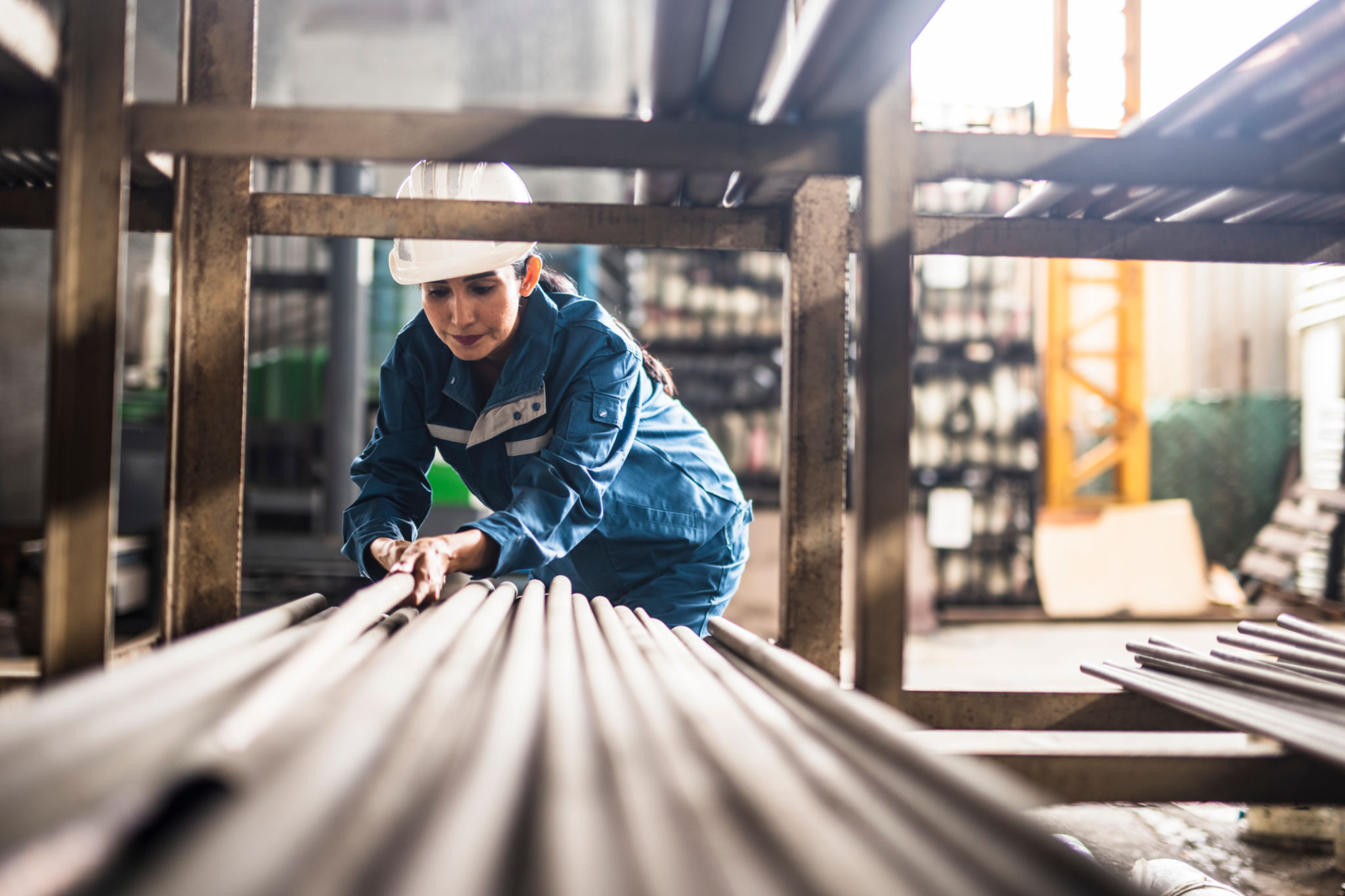Common Misconceptions About Precision Machining: What Every Business Owner Should Know
Understanding Precision Machining
Precision machining is a critical component of modern manufacturing, yet it is often misunderstood. As a business owner, understanding the nuances of this process can set you apart from the competition. Precision machining involves removing material from a workpiece to create a desired part with tight tolerances and accuracy. It is essential in various industries, including aerospace, automotive, and medical devices.

Misconception 1: Precision Machining is Only for Large Businesses
A common misconception is that precision machining is exclusively for large businesses with massive production needs. In reality, precision machining is highly beneficial for small and medium-sized enterprises (SMEs) as well. It allows for the production of high-quality components in smaller batches, providing flexibility and cost-effectiveness. SMEs can leverage precision machining to produce custom parts tailored to their specific needs, enhancing product offerings and boosting competitiveness.
Misconception 2: Precision Means Expensive
Another misunderstanding is that precision machining is prohibitively expensive. While it is true that the initial setup cost can be higher than traditional manufacturing methods, the long-term benefits often outweigh these costs. Precision machining reduces material waste, minimizes errors, and increases efficiency. Over time, these factors lead to cost savings, making it a smart investment for businesses looking to improve their bottom line.

Misconception 3: All Machines Offer the Same Level of Precision
Not all machines are created equal when it comes to precision. Different machines provide varying degrees of accuracy and may be suited for different applications. It's crucial for business owners to understand their specific requirements and choose machines that meet those needs. Consulting with experts can help in selecting the right equipment, ensuring that the final products meet quality standards.
The Role of Skilled Operators
A common oversight is underestimating the importance of skilled operators in precision machining. The best machines in the world are only as effective as the people who operate them. Skilled machinists bring experience and expertise to the table, ensuring that the machines are used optimally and can troubleshoot any issues that arise during production. Investing in training and retaining skilled personnel is essential for maximizing the benefits of precision machining.

Precision Machining and Innovation
Precision machining is not just about producing parts; it's about fostering innovation. By allowing for the creation of complex geometries and intricate designs, precision machining opens up new possibilities in product development. Businesses can experiment with novel designs and materials, potentially leading to groundbreaking innovations in their respective fields.
Environmental Impact
There is also a misconception that precision machining has a negative environmental impact due to its reliance on metalworking fluids and energy consumption. However, many modern precision machining processes are designed with sustainability in mind. Techniques such as dry machining and the use of eco-friendly lubricants help reduce environmental impact. Additionally, precision machining's efficiency means less material waste, contributing to more sustainable manufacturing practices.

In conclusion, understanding precision machining can demystify many misconceptions surrounding it. By recognizing its advantages, from cost-effectiveness to fostering innovation, business owners can make informed decisions that enhance their operations and drive growth. Investing in the right technology and skilled personnel will ensure that businesses reap the full benefits of precision machining, paving the way for future success.
